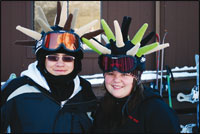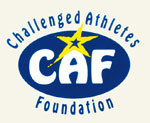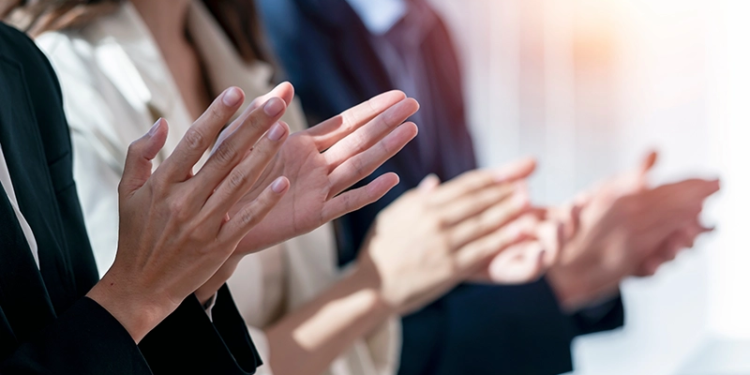 |
| Pedro Moiola (left) takes a break from skiing. |
For the average skier,
the thought of a double-black-diamond run in thigh-deep powder down a mountain with a 1,193 foot vertical might cause a moment of hesitation. Pedro Moiola, however, is anything but average. The 17-year-old high school senior from Elko, Nevada, went to Park City Mountain Resort in Utah January 25-29 with the hope of conquering McConkey’s Bowl. Unlike most skiers who tackle the expert terrain, Moiola mastered the challenge with one leg.
Moiola was diagnosed with osteosarcoma when he was eight years old. His physicians tried to save his leg, but after four years of failed treatments, Moiola’s right leg was amputated above the knee. For the next year, he struggled to walk with his prosthetic leg, so he entered a physical therapy program at Shriners Hospital for Children in Salt Lake City, Utah.
During his first physical therapy session, Moiola learned about the Shriners Un-Limb-ited Ski and Snowboard Camp. Despite the challenges of never having skied before, a camp start date that was less than a week away, and a 250-mile commute, Moiola made the trip to Park City.
With the exception of his first lesson, skiing came naturally to Moiola. “I remember my first day on skis,” he said. “I fell on every single turn during my first three runs.” A lot has changed since that first day, but the reason Moiola keeps coming back to camp every year hasn’t. “Camp has been a great place to get to know other amputees. I live in such a small community, and there’s not really anyone my age who can really relate to me.”
 |
| Moiola takes advantage of some fresh powder at Camp Un-Limb-ited. |
Every year, the Un-Limb-ited Ski and Snowboard Camp brings together 12 teen-agers with amputations from across the West. This year’s group hailed from Utah, Idaho, Colorado, Nevada, and Arizona. Though each teenager has his or her own story involving an accident, infection, or congenital limb difference, their amputations provide them with a common bond. Christa Anderson, for example, lost her foot in a lawn mower accident when she was four years old. However, watching the 16-year-old on a snowboard, you’d never guess that she was wearing a prosthesis. “It helps me deal with my prosthesis in different ways, and it helps me learn how other people deal with their prosthetic,” Anderson said of the ski camp. “I always go away with new friendships.”
Each teen was professionally fitted with boots, goggles, helmets, snowboards, skis, and outriggers before heading up the mountain. Throughout the five-day camp, each participant received private lessons from National Ability Center instructors in the morning and group lessons in the afternoon. Shriners staff members were also on hand as camp counselors. The team included nurses, prosthetists, therapists, and a social worker.
People with limb loss often battle perceptions of what they can and can’t do. At the ski and snowboard camp, the teens learn that the only real limits they face are the ones they place on themselves. Camp Co-Director Matt Lowell said a missing limb is no reason to miss out on life. “It just means they have to do some things differently and find ways to adapt. It doesn’t mean they aren’t going to do it.”
Moiola is proof that “different” can sometimes mean “even better.” Not only does he do things that he didn’t think would be possible, he’s also doing those things better than many people with two legs. An avid skier and rock climber, Moiola said he wants to try skydiving next. He already knows what the other 11 teenagers learned this year at Camp Un-Limb-ited–he has unlimited potential, and there’s a whole world of possibilities waiting to be discovered.
For more information, visit
http://www.unlimbitedcamp.org/
SPORTS BRIEFS |

First Volley Clinics Awarded MCEs
CAF Granted $50,000
The Challenged Athletes Foundation (CAF), CAF says it will use the grant funds to continue to provide “seamless program delivery.” The foundation plans to distribute more than $1,000,000 in stipends directly to challenged athletes and injured servicemen and women, conduct mentoring and fitness clinics across the country, provide outreach to the community, and hold the San Diego Triathlon Challenge (SDTC) and other major fundraisers. |





